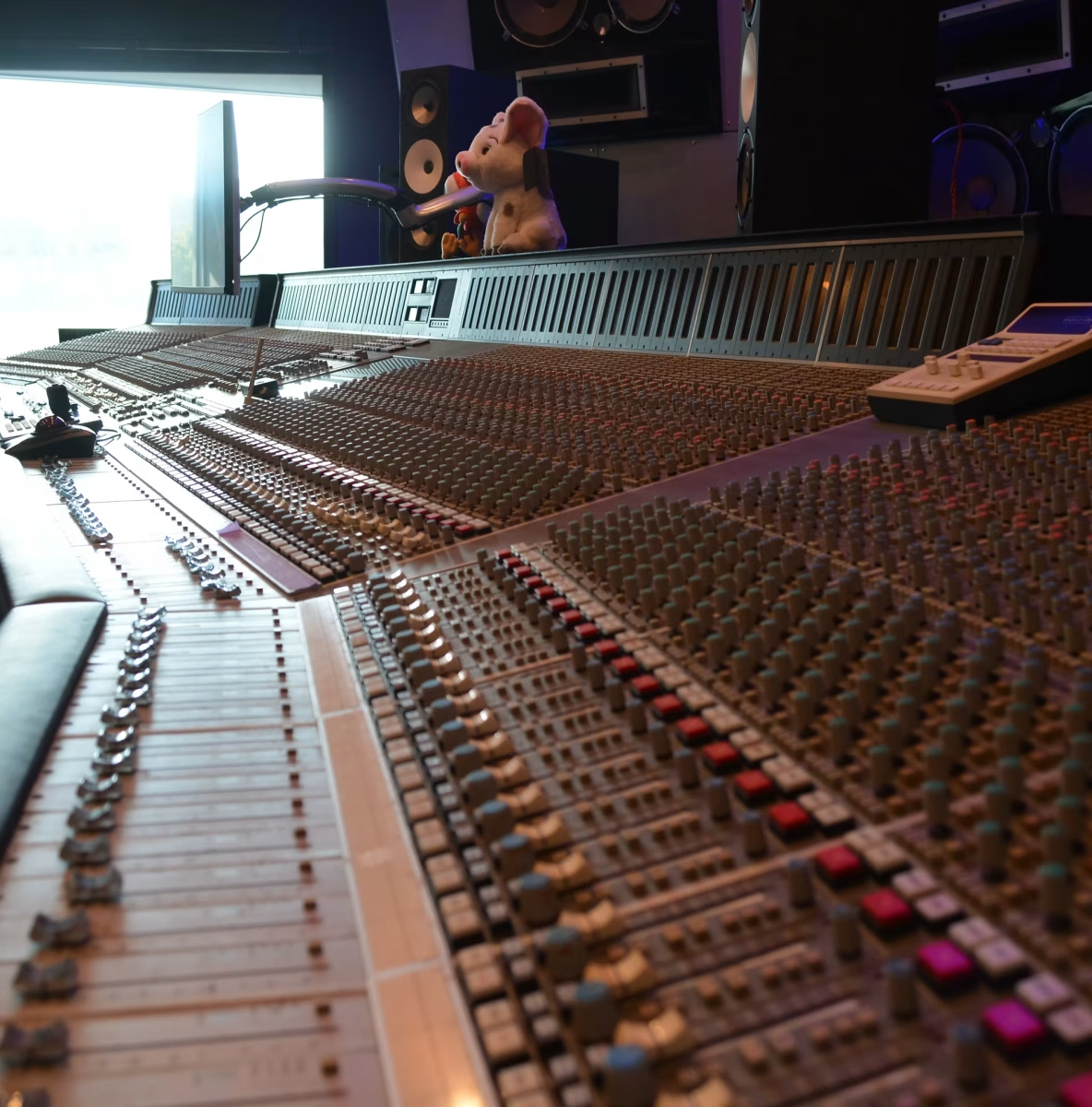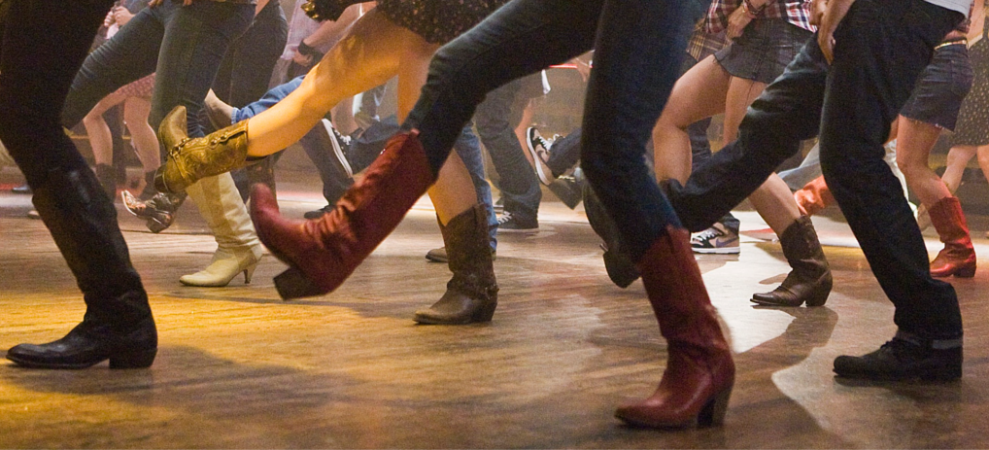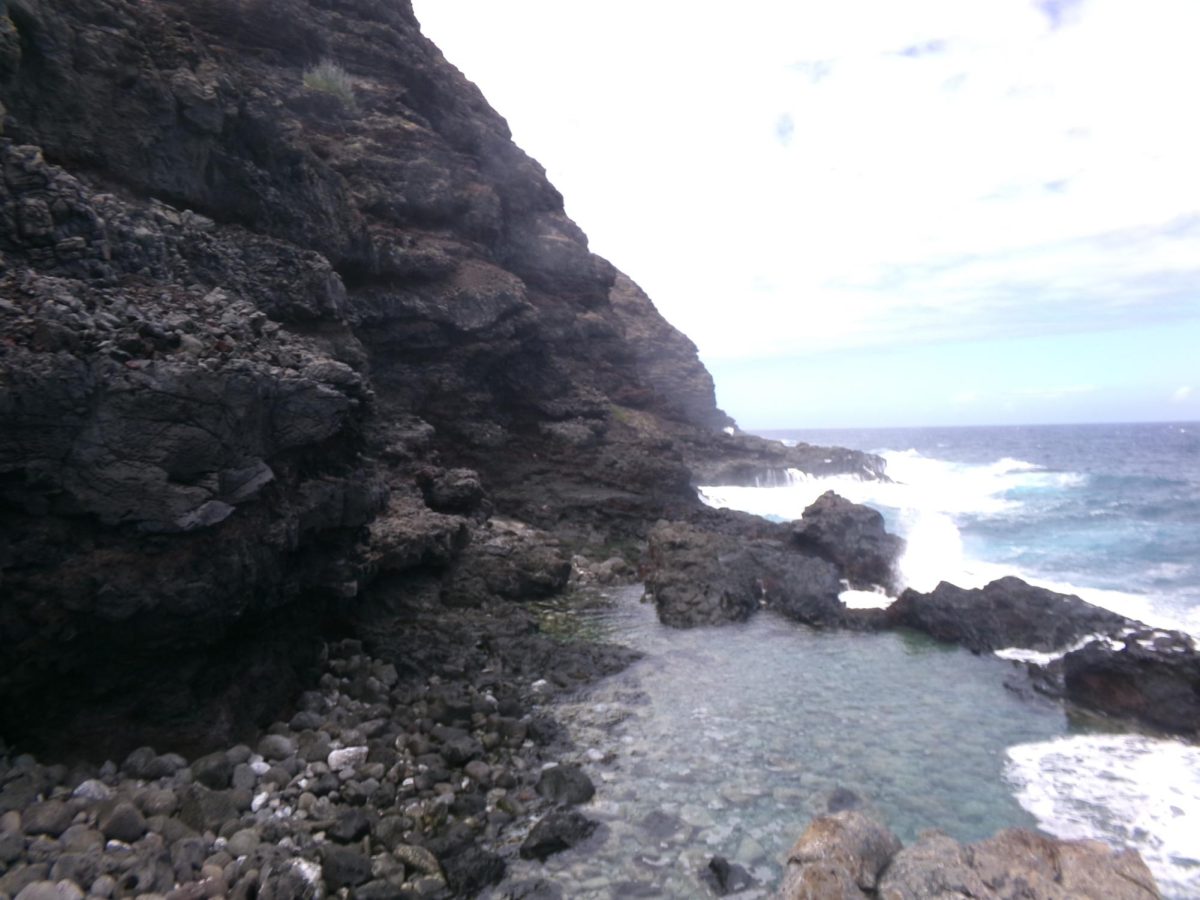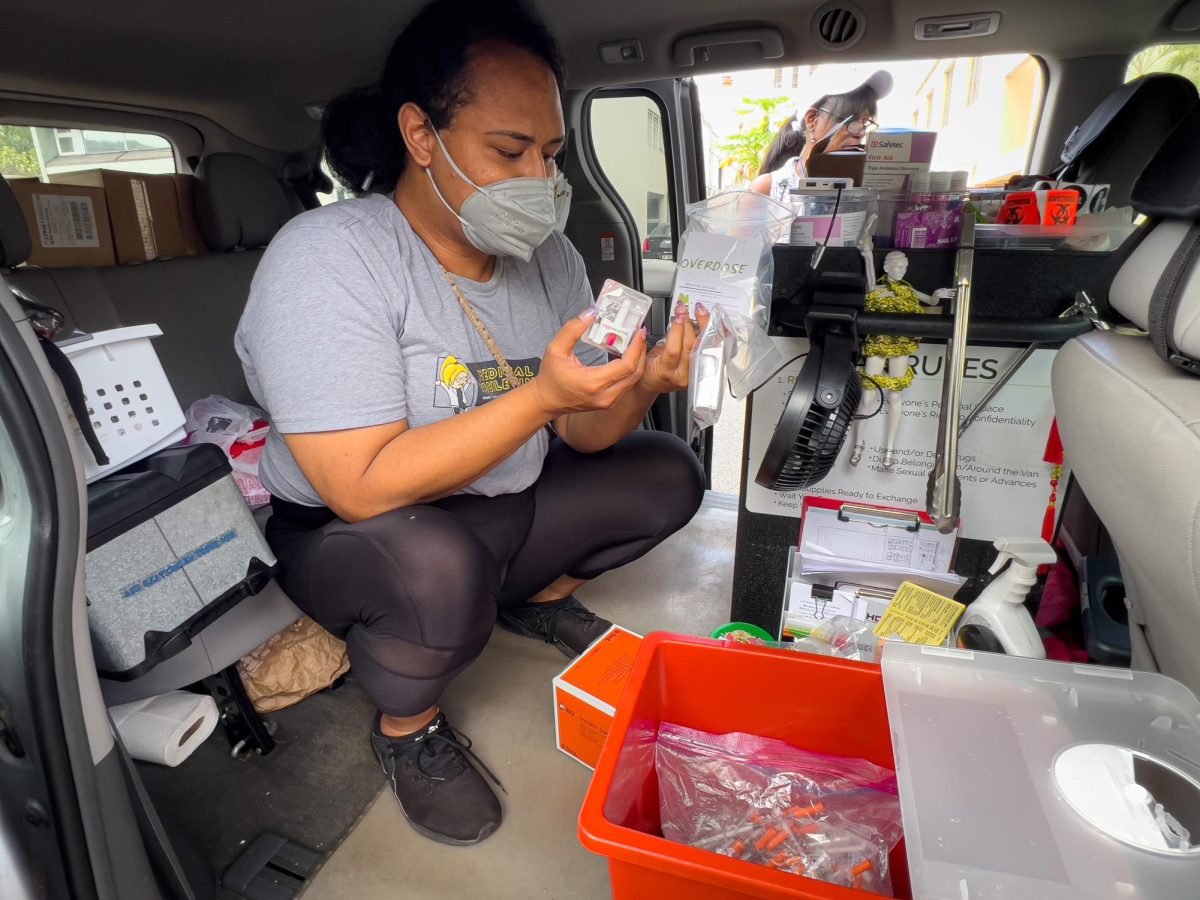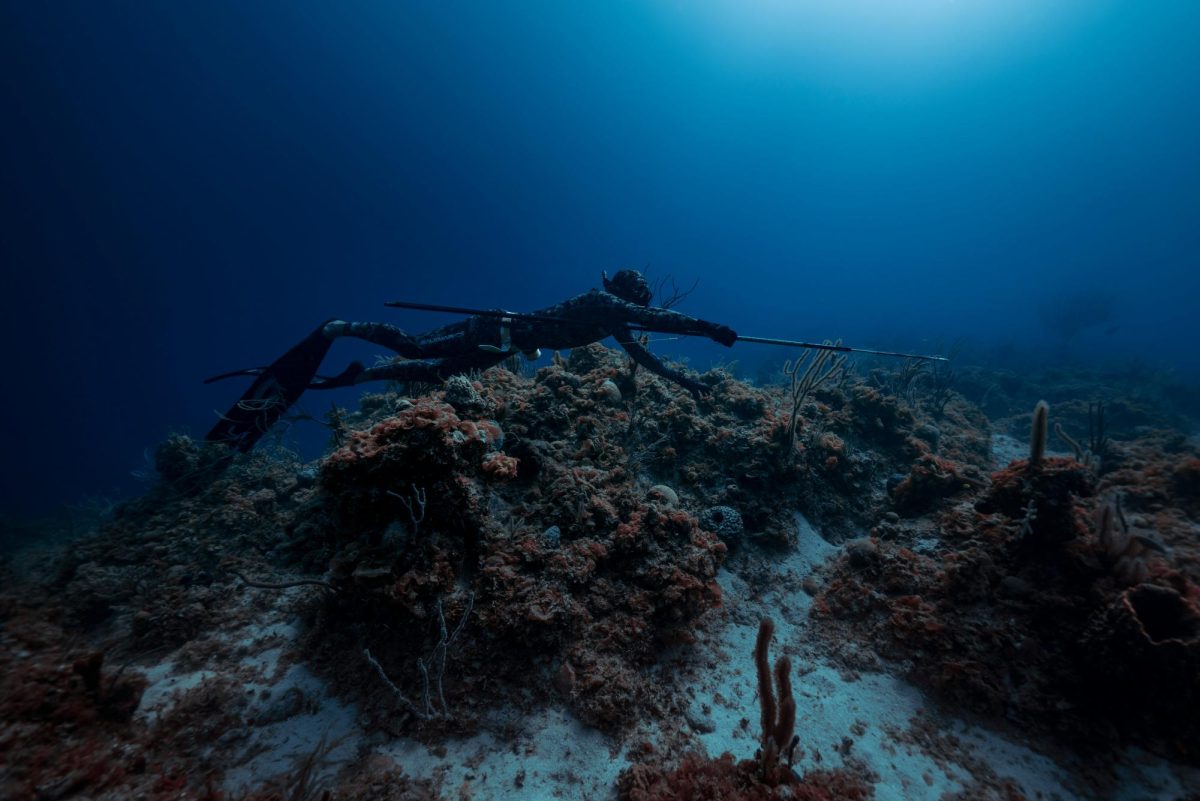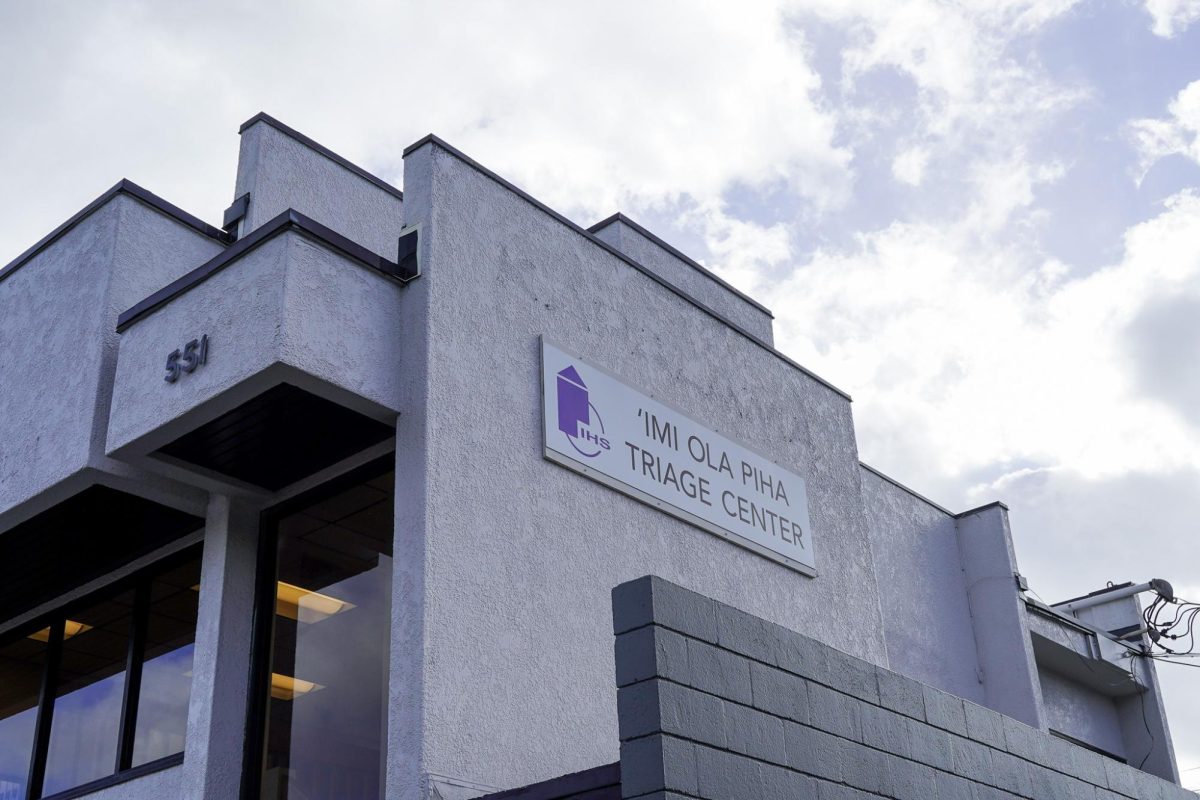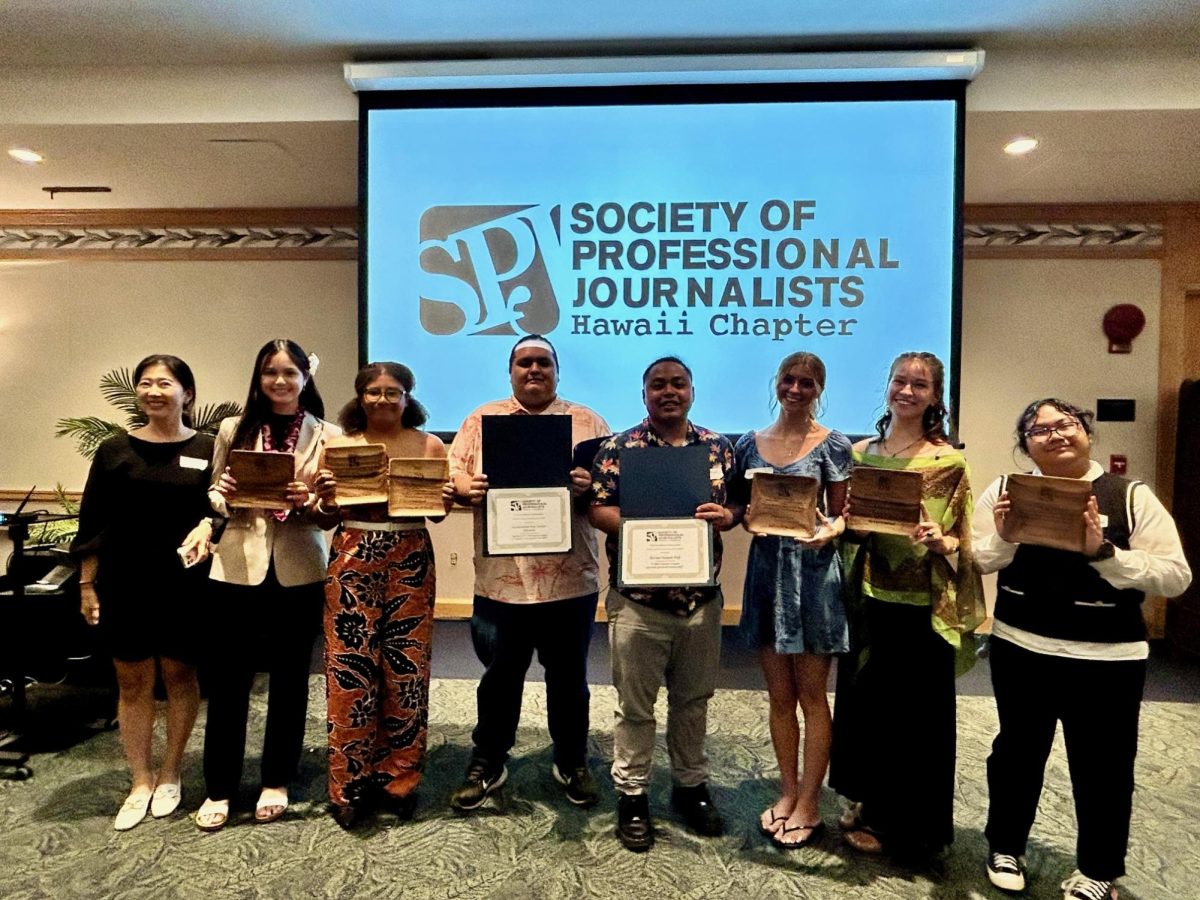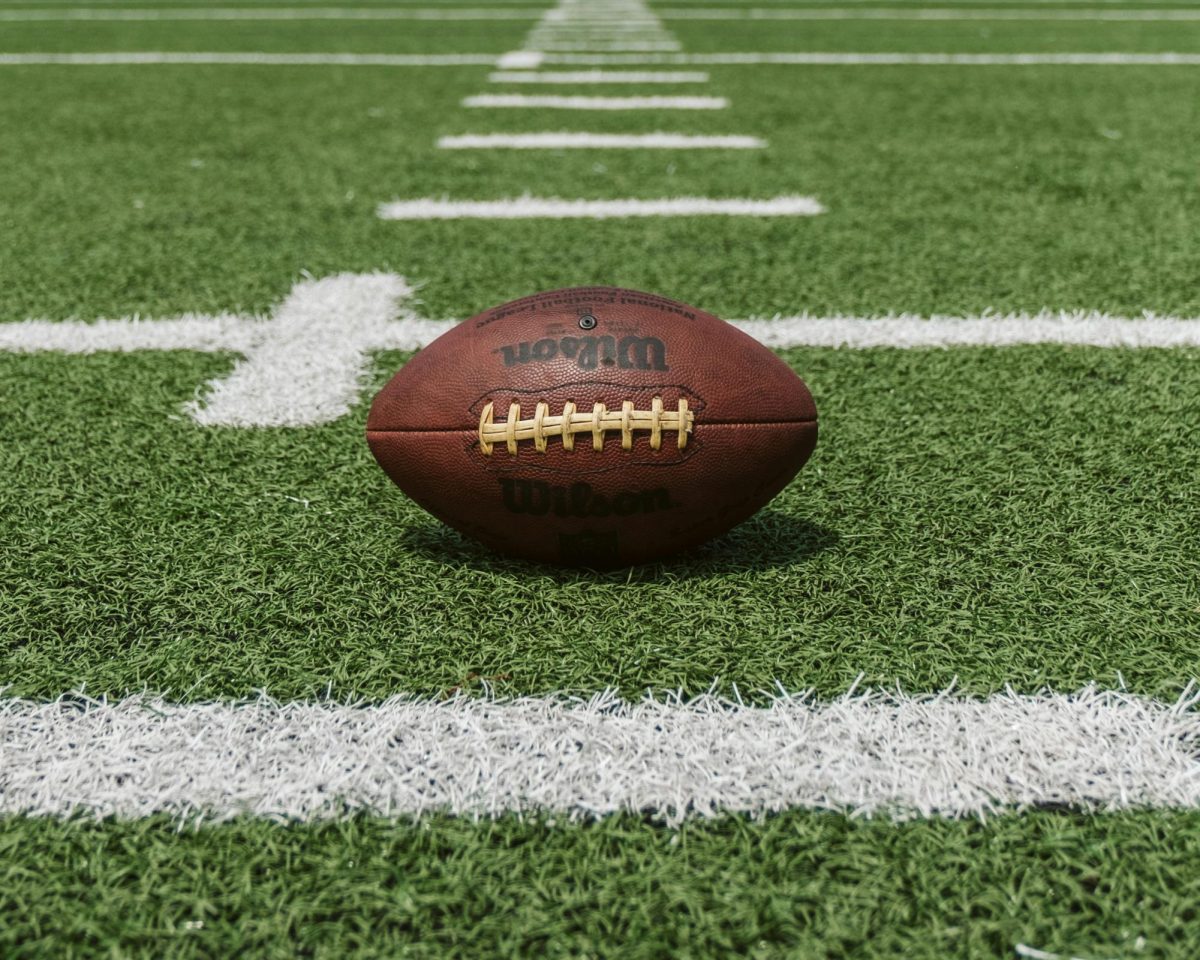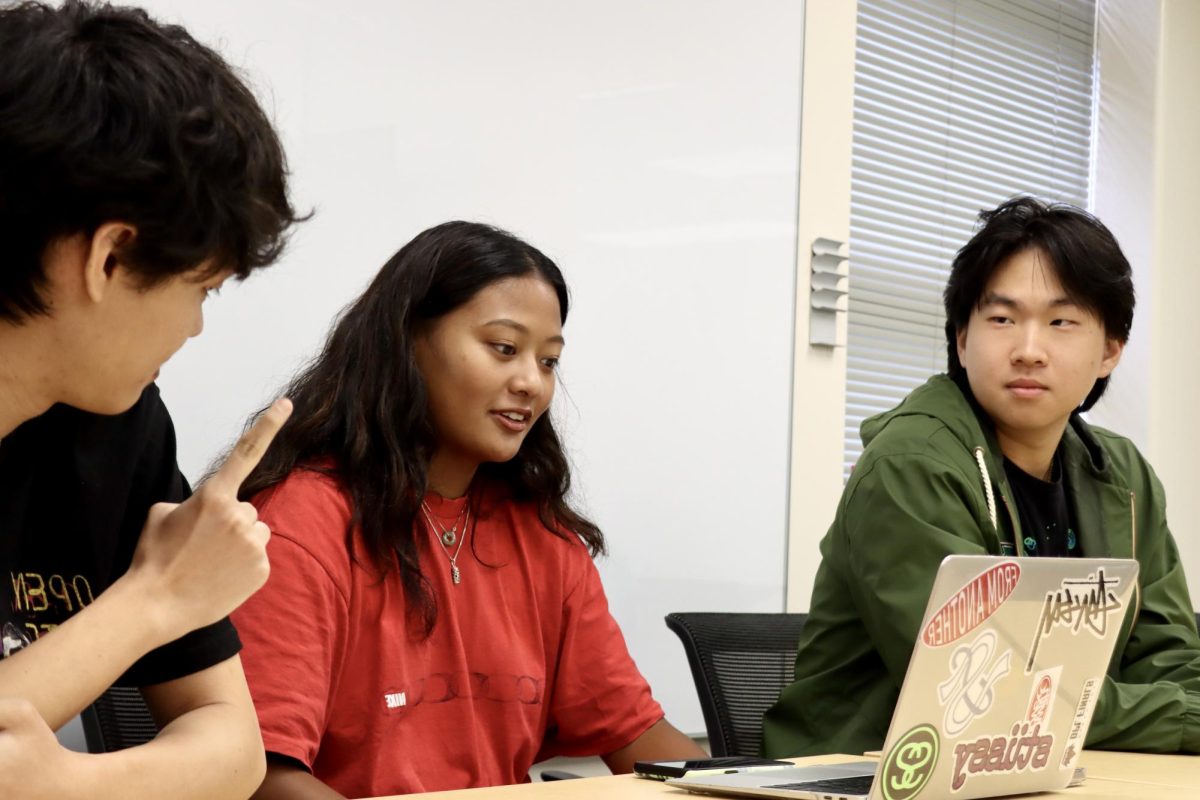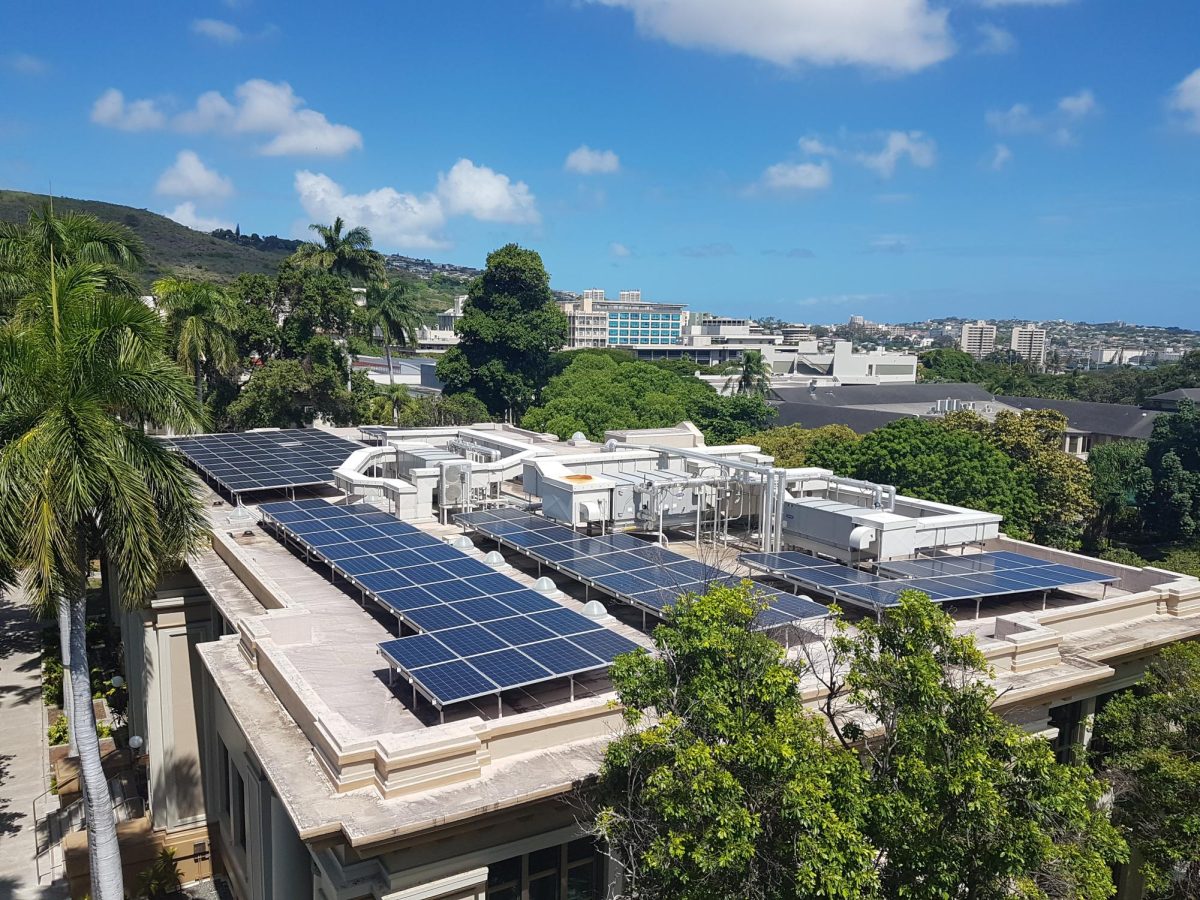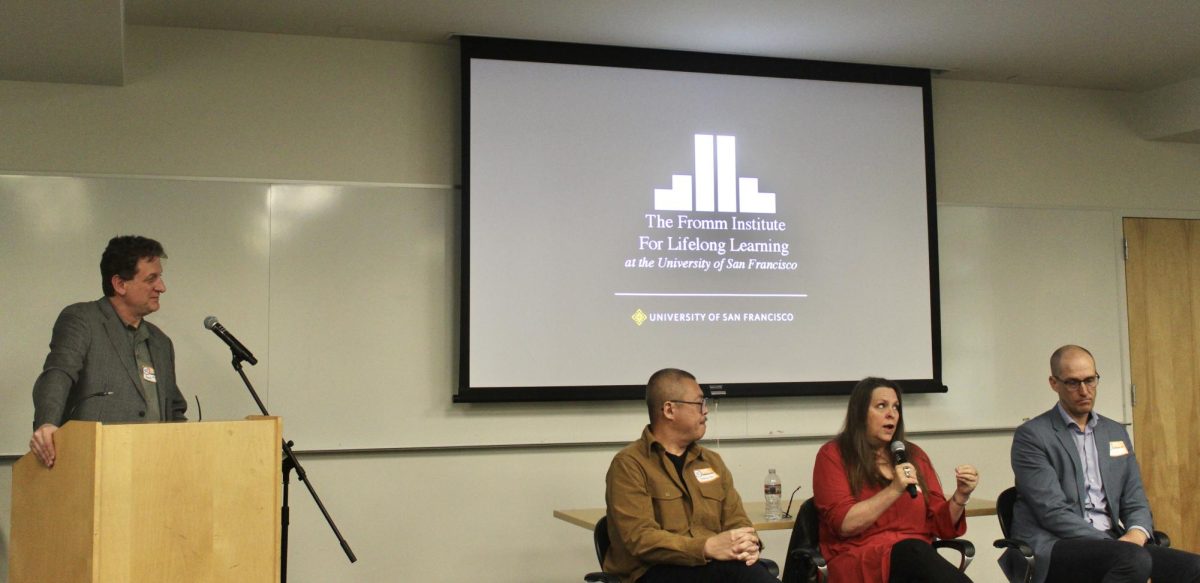Beachgoers on the island scavenge the sunny coastlines in pursuit of the perfect spot on the beach, drawing the luxuries of relaxation from sun-kissed beach bags. They embrace ice-cold cocktails flowing freely out of shiny tin, often paying no mind to the trash they have created.
When the music has stopped playing and the sun sinks low in the sky, the haste of retreating visitors takes hold, bags are packed, beach toys are left abandoned, and polished cans are forgotten.
That leaves people like Lia Salindong, an employee of Keep it Simple and advocate of zero-waste living, to clean up the mess. These zero-waste businesses provide products, such as refillable cleaning products and skin care, metal straws, bulk candies, and eco-friendly clothing.
“Maybe somebody that doesn’t live here is cool with putting stuff in plastic packaging because they don’t see how it affects us,” Salindong said. “Plastic directly affects us”.
O’ahu, a popular location for pleasure among paradise, is facing devastating plastic pollution. With global plastic consumption producing nearly 300 million tons annually, plastic debris from across the globe washes up on Hawaiian coastlines. In the wake of this crisis comes the rise of zero-waste stores and business models with the aim of reducing the pollution of these beloved beaches.
These businesses focus on reusable, compostable, and sustainable sourced items to combat overconsumption. Many are struggling to continue providing these products in a way that is ecologically and economically sustainable, calling into question the fate of our environment.
Although eco-consciousness has been brought to attention more and more in the recent decade, sustainability is deeply embedded in Hawaiian culture, reflected through a great respect and love for the land. Despite these aspects of local culture, the Hawaiian Islands and their inhabitants have been fighting an ongoing battle against pollution. For Salindong, this struggle against plastic is a lifestyle choice, reflected through the mission of Keep it Simple, a local zero-waste store located among the hustle and bustle of Honolulu’s urban atmosphere.
Keep it Simple’s core values are derived from “Malama ‘Aina,” caring for and honoring the land. These principles are clearly expressed through the array of reusable glass containers, hand-mixed laundry detergents, and sustainably sourced products lining their festive walls.
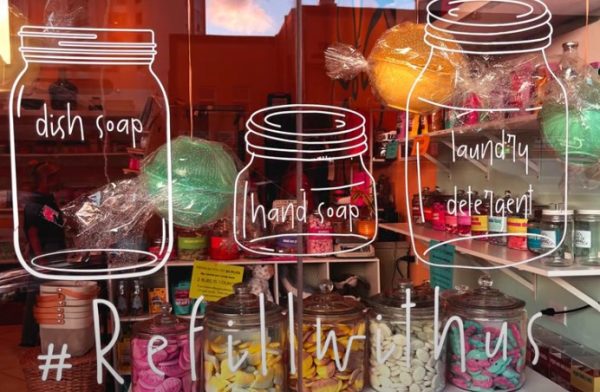
The concept plays into the name, keep it simple. Instead of buying items that are going to be used one time and then thrown away, why not save the plastic and reuse the same item time and time again? With the wide range of selection, those who shop here are preventing the accumulation of dozens of single-use household items. Making the switch to these items may not seem like a major impact at first, but everyday plastics like these add up to millions of tons of trash being dumped across the globe.
Keep It Simple is not the only store dedicated to spreading sustainability. Located in Kailua, Protea Zero Waste Store helps to reduce fast fashion through their wide array of thrifted apparel, paired with refillable, reusable household items.
Shauna Gonzalez, an associate at Protea, explained that her passion for second-hand clothing opened the doors to her experiences with zero-waste practices. “My Passion was always secondhand fashion,” Gonzalez said. “I love to shop, but when I learned about the effect of fast fashion on the environment it was a no-brainer for me.”
To Lori and the owners of Keep It Simple, “the core values and mission of the store is really to be as sustainable as possible and to help people understand why it’s important.” Mallini expressed that the mission of the store is “giving people an opportunity to do their part.”
“Nobody wants to throw plastic away but it’s caused by not having available alternatives,” Mallini said.
Accessibility is not the only problem being faced by those in the zero-waste industry. A rising problem for many zero-waste businesses is the economics of providing refillable options to customers. Mallini went on to explain that she has to stop selling refillable products in the near future, “The margins just aren’t there.” To make a return profit on these refills, many more people would need to switch, as these items are only repurchased every few weeks. This is the reality for many small, zero-waste businesses and is also a problem faced by Keep it Simple.
“Honestly our biggest challenge has been keeping the refill section alive because when we sell refills as a business we don’t make a lot of profit.” Salindong said. She explained that their main purpose wasn’t necessarily to make money but to provide eco-friendly alternatives.
Despite these challenges, stores like Protea and Keep it Simple are determined to promote zero-waste living, which both stores accomplish through community outreach. Both locations host events such as beach cleanups and educational workshops, which allow community members to become proactive in removing debris from local coastlines. Salindong explained that the impact of plastic pollution on wildlife is one of my main reasons for driving community outreach.
Katie Stevens, project manager at the Center for Marine Debris Research at HPU, put into perspective the sheer amount of plastic plaguing local waters. She explained that her team and partner organizations remove 200 tons of plastic pollution annually. They found that most of the debris coming from Hawai’i itself are everyday items such as food wrappers, containers, clothes, toys, and gear from tourist activities.


